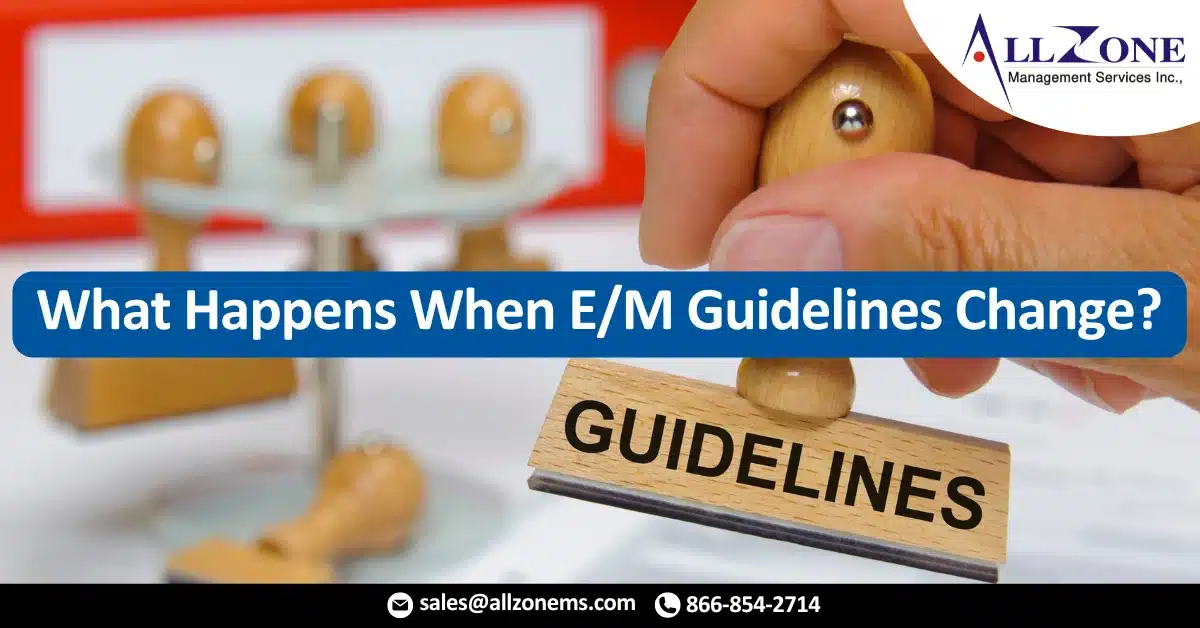Medical coders, billers, auditors, and other healthcare business professionals started Day 2 of AAPC’s Regional Conference in New York City getting the scoop on the proposed changes to evaluation and management (E/M) services coding and E/M guidelines.
E/M Guidelines Changes Are About Time
Conference attendees were eager to hear Raemarie Jimenez, CPC, CDEO, CIC, CPB, CPMA, CPPM, CPC-I, CANPC, CRHC, AAPC senior vice president, Product in Exam, speak on the proposed changes to the documentation guidelines for E/M coding outlined in the 2020 Medicare Physician Fee Schedule (MPFS), issued by the Centers for Medicare & Medicaid Services (CMS).
Jimenez outlined the main reasons for the changes:
- Burdensome
- Electronic health record (EHR) misuse
- Upcoding
The 1995 and 1997 Documentation Guidelines for E/M Services are outdated, Jimenez said. She then proceeded to illustrate her point with memories from the 1990s, which filled the packed conference room with laughter. Times sure have changed!
EHRs, for example, have changed the way physicians document. “We went from not being able to read what they are saying to not being able to believe what they are saying,” Jimenez joked. That was good for another laugh.
Patient behaviors have also changed over the years. Patients aren’t visiting their doctors regularly anymore, which may account for the uptick of E/M code levels, she explained. Patients who see their physician only once per year require a much more detailed visit than those who see their physician every three to six months.
With that, Jimenez went into explaining the E/M changes finalized last year for 2020 and the E/M changes CMS is proposing for 2021.
Prepare for Changes to E/M Coding
There are several things providers should be doing to prepare for the inevitable changes, and they involve the entire staff.
Preparation Tips:
- Make sure your EHR is updated when the changes go into effect.
- Review your practice workflow – both clinical and business.
- Train physicians on new documentation requirements for E/M services.
- Receive training on new coding E/M guidelines.
- Update your practice’s internal policy for clarification of the new guidelines.
Jimenez also recommended coders become very familiar with pathophysiology, as risk adjustment coding will demand a thorough understanding of body systems and causal effects of diseases.
Attendees left the conference enthusiastic for the remaining sessions of the day, where they would learn more about E/M coding, various specialty coding, auditing for risk, and much more.
For More Information: https://www.aapc.com/blog/48305-what-happens-when-e-m-guidelines-change/

